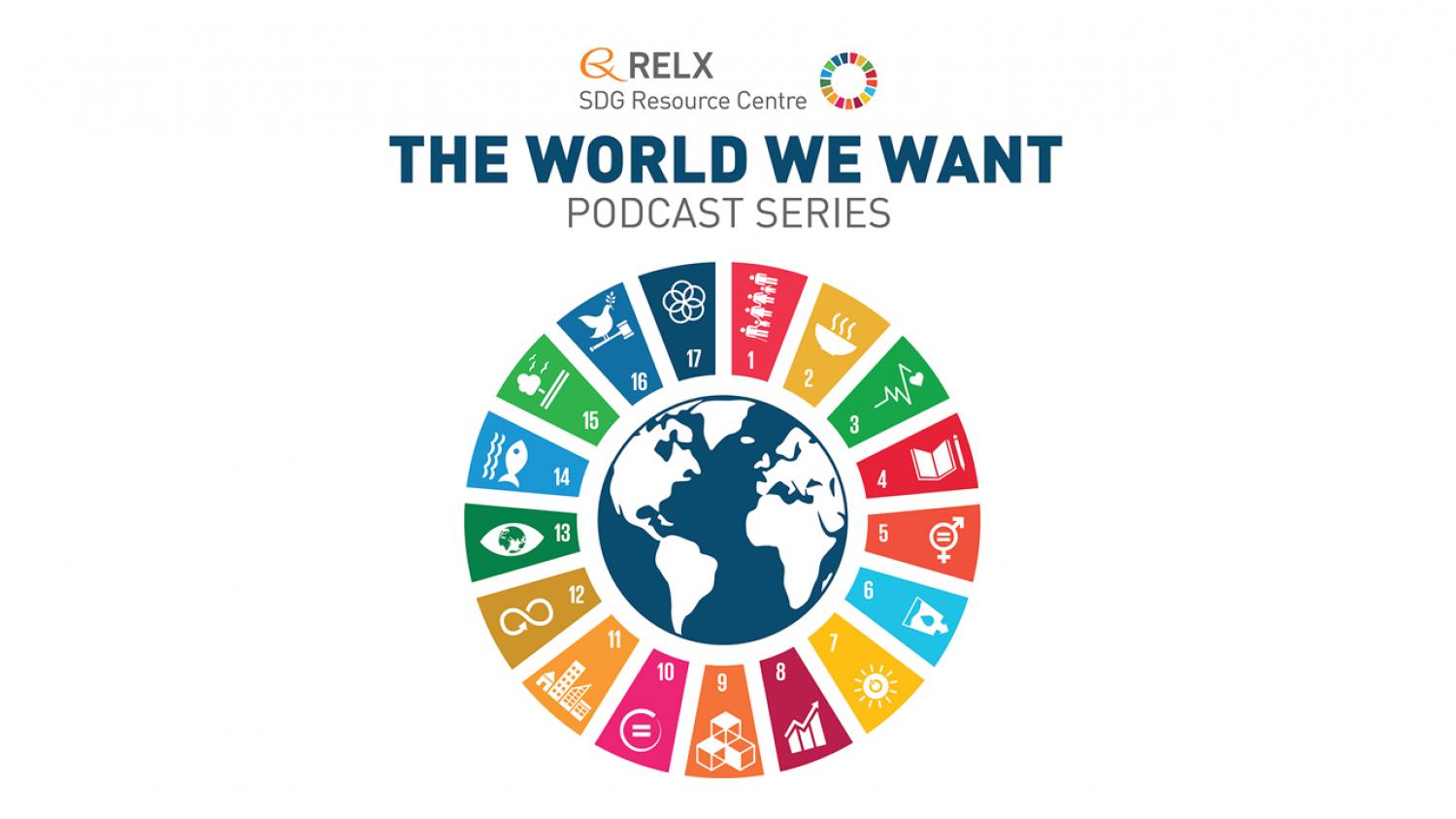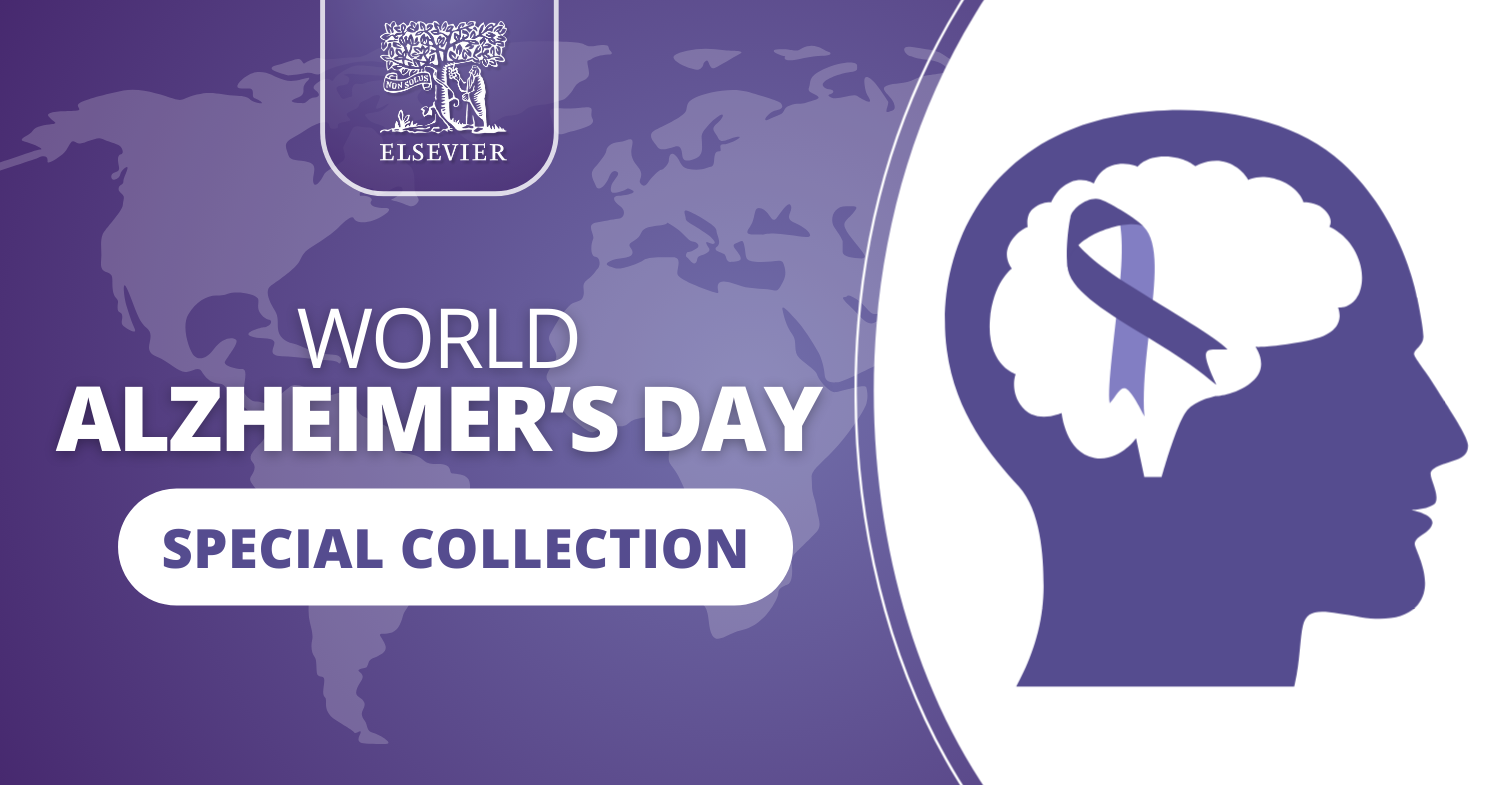Effective decision support systems are more essential as smart cities continue to develop. Decision-makers can use the suggested framework as a flexible platform for integrating, analyzing and visualizing complex data streams to help with resource management, policy formation, and urban planning.
Next Generation Renewable Thermal Energy Harvesting, Conversion and Storage Technologies, Emerging Technologies and Materials in Thermal Engineering Series, 2026, Pages 449-484.
This chapter supports the UN SDGs by advancing sustainable and affordable clean energy (SDG 7), promoting innovation and infrastructure (SDG 9), and contributing to climate action through efficient geothermal energy utilization (SDG 13).
Next Generation Renewable Thermal Energy Harvesting, Conversion and Storage Technologies, Emerging Technologies and Materials in Thermal Engineering Series, 2026, Pages 177-216
This chapter supports the UN SDGs by advancing sustainable and affordable clean energy (SDG 7), promoting industry innovation and infrastructure (SDG 9), and ensuring responsible consumption and production through improved nanomaterial coatings for solar energy efficiency (SDG 12).
Observed on Tuesday, September 30, 2026, International Translation Day pays tribute to language professionals whose work enables cooperation across borders. Translators, interpreters, editors, and terminology experts make dialogue possible, protect clarity in public discourse, and help strengthen peace and security worldwide.
This article is a review of the global commitments to ending hunger and achieving SDG2 by 2030, analisesthe rhetoric, actionable plans, financing, and accountability mechanisms. Strengthening global governance and institutionalizing monitoring of commitments are essential to translate these declarations into effective national policies.
World Alzheimer's Day, observed every year on September 21st, is an international campaign to raise awareness and challenge the stigma surrounding Alzheimer's disease and other forms of dementia. With over 50 million people worldwide living with dementia and millions more being diagnosed every year, it is crucial to improve public understanding and provide support for those affected. In this article, we will discuss the significance of World Alzheimer's Day and share ways you can get involved to make a difference.



